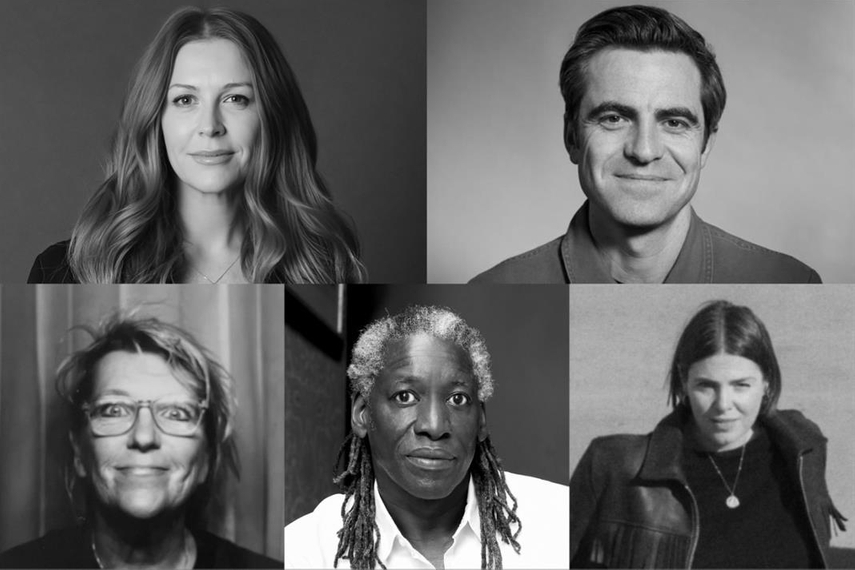
Please sign in or register
Existing users sign in here
Having trouble signing in?
Contact Customer Support at
[email protected]
or call+91 22 69489600
Cannes Lions introduced a set of ethics on July 10 for awards entries starting from 2026.

Contact Customer Support at
[email protected]
or call+91 22 69489600
Top news, insights and analysis every weekday
Sign up for Campaign Bulletins
Campaign reports from centenary bash for French agency group.
The in-office policy was updated in November, when Omnicom acquired Interpublic Group.
Despite this, the IPL set a groundbreaking online broadcasting record, with over 384.6 billion minutes of watch time.
The codes do not limit creativity. Rather, it helps unlock it–consistently, ethically, and at scale.